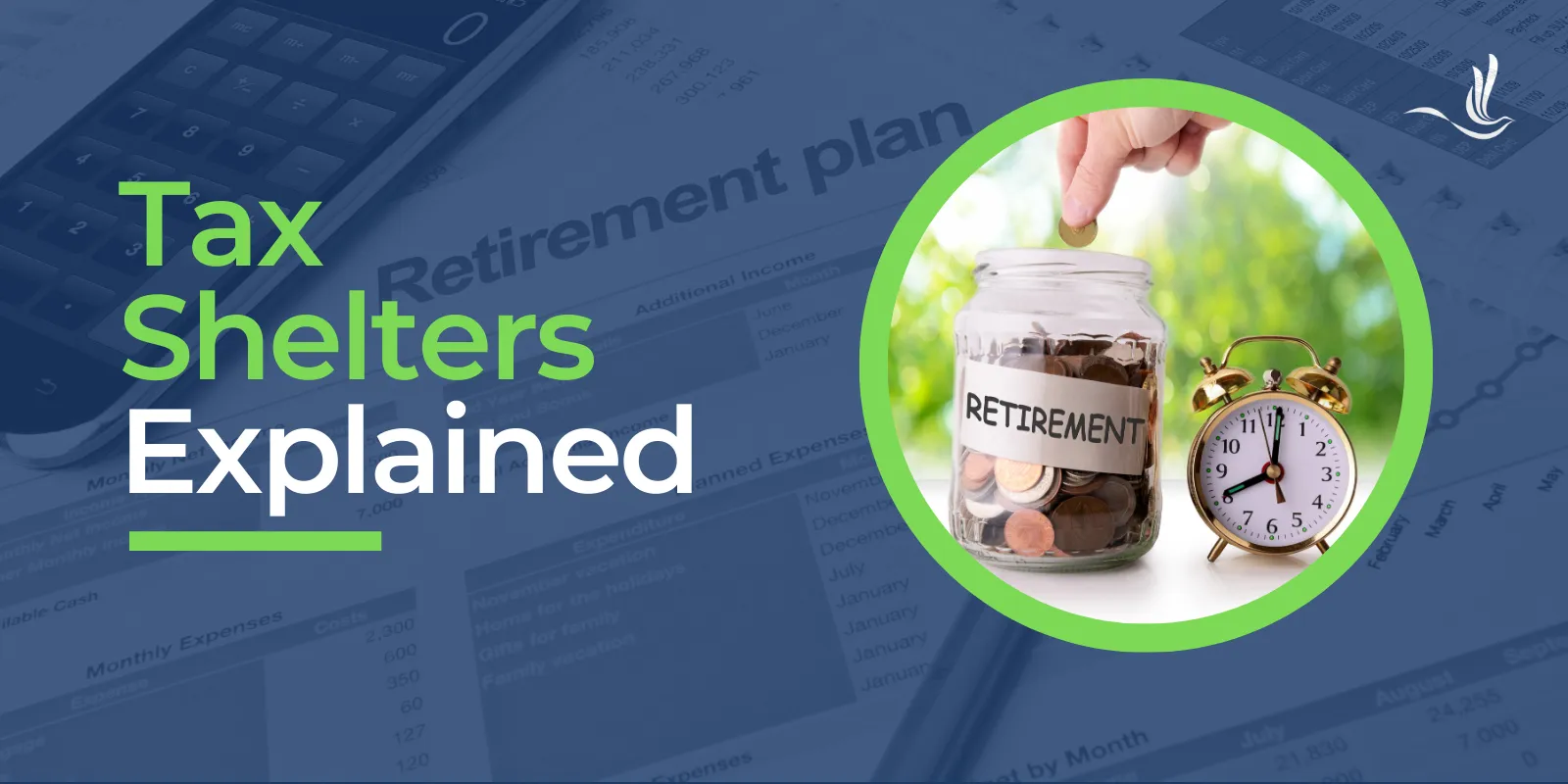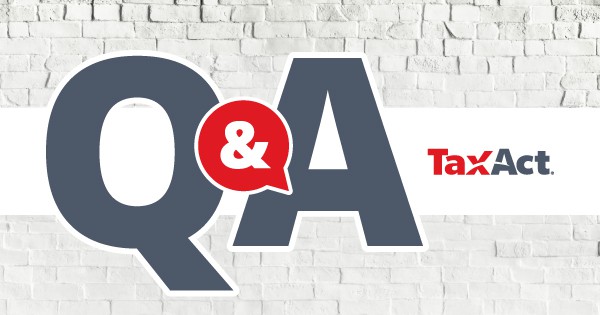Key Takeaways:
Tax shelters reduce taxable income: Legal tax shelters, such as retirement accounts, HSAs, FSAs, and municipal bonds, allow individuals and businesses to lower their tax liability while staying within the law.
Different types serve different purposes: Tax shelters can take the form of deductions, tax-deferred investments, tax credits, income shifting, and depreciation, each with unique benefits and applications.
Legal vs. illegal matters: While many tax shelters are fully legal and encouraged by tax laws, abusive or illegal shelters, like hiding income offshore or creating sham transactions, can result in severe penalties and IRS enforcement.
Tax shelter ≠ tax haven: A tax shelter focuses on how you structure your finances, while a tax haven focuses on where your money is located. Both can be legal, but improper use of tax havens may lead to tax evasion charges.
Compliance is critical: Proper reporting, transparency, and adherence to regulations like FBAR and FATCA are essential to using any tax shelter or offshore strategy legally and responsibly.
Consequences and benefits: When used correctly, tax shelters can provide meaningful tax savings and financial flexibility. Misuse, however, can lead to penalties, legal issues, and reputational harm, highlighting the importance of professional guidance.
Tax shelters have long been a topic of interest and controversy in the world of finance and taxation. They can serve as valuable tools for individuals and corporations seeking to minimize their tax liabilities. However, the use of tax shelters often raises ethical and legal questions. This article dives into what tax shelters are, how they work, their types, and the implications of their use.
What Are Tax Shelters?
A tax shelter is a financial strategy or investment that individuals and businesses use to reduce their taxable income and, consequently, their tax liability. By using tax shelters, taxpayers can defer, reduce, or even eliminate the amount of taxes owed. While some tax shelters are legal and encouraged by governments to promote certain economic activities, others can be illegal or considered aggressive tax avoidance.
How Do Tax Shelters Work?
Tax shelters work by leveraging various provisions in tax laws to minimize taxable income. These provisions can include deductions, credits, exemptions, or favorable tax treatment for certain types of income. There are some common mechanisms through which tax shelters work.
Deductions: Taxpayers can reduce their taxable income by claiming deductions for specific expenses, such as mortgage interest, medical expenses, or charitable contributions.
Tax-Deferred Investments: Certain investments, like retirement accounts, allow taxpayers to defer taxes on income earned within the account until funds are withdrawn.
Tax Credits: Taxpayers can reduce their tax liability dollar-for-dollar by claiming credits for specific activities or expenses, such as education costs or energy-efficient home improvements.
Income Shifting: Transferring income to lower-tax jurisdictions or to family members in lower tax brackets can reduce overall tax liability.
Depreciation: Businesses can deduct the cost of tangible assets over time, reducing taxable income in the years the assets are depreciated.
Types of Tax Shelters
There are several strategies individuals and businesses can use to legally reduce their taxable income and potentially grow wealth more efficiently. While some options are more straightforward than others, understanding the different types of tax shelters can help you make informed financial decisions.
Retirement Accounts
Contributing to retirement accounts like 401(k)s, traditional IRAs, or Roth IRAs can provide significant tax benefits. Traditional accounts allow for pre-tax contributions, reducing your taxable income for the year, while Roth accounts grow tax-free, allowing for tax-free withdrawals in retirement under certain conditions. These accounts not only help you save for the future but also serve as a long-term tax shelter.
Real Estate Investments
Investing in real estate offers multiple tax advantages, including depreciation deductions, mortgage interest deductions, and potential capital gains benefits. Rental properties can generate passive income while allowing you to deduct expenses related to property management and maintenance. Real estate can be a powerful tax shelter when leveraged strategically.
Municipal Bonds
Municipal bonds, issued by state and local governments, are often exempt from federal income tax and, in some cases, state and local taxes as well. They provide investors with tax-free interest income, making them an attractive option for those in higher tax brackets seeking a more conservative investment while minimizing taxable income.
Health Savings Accounts (HSAs)
HSAs are tax-advantaged accounts designed to cover medical expenses for individuals with high-deductible health plans. Contributions are made pre-tax, the account grows tax-free, and withdrawals used for qualified medical expenses are also tax-free. HSAs offer a triple tax benefit and can act as both a healthcare savings tool and a long-term tax shelter.
Flexible Spending Accounts (FSAs)
FSAs allow employees to set aside pre-tax dollars to cover eligible healthcare or dependent care expenses. By reducing your taxable income for the year, FSAs provide immediate tax savings. Unlike HSAs, FSAs are typically “use-it-or-lose-it” within the plan year, so careful planning is essential.
Legal vs Illegal Tax Shelters (Shelters vs Evasion)
Tax shelters can be broadly categorized into legal (or legitimate) and illegal (or abusive) shelters.
Legal Tax Shelters
Legal tax shelters are strategies or investments designed to reduce taxable income and tax liability within the boundaries of the law. Retirement accounts are perhaps the most common legal tax shelters. Contributions to 401(k) plans, IRAs, and other retirement accounts are often tax-deferred, meaning taxes are paid upon withdrawal rather than when the income is earned. Municipal bonds are another form of legal tax shelter. Interest earned on these bonds is typically exempt from federal income taxes, and sometimes state and local taxes as well. Real estate investors can take advantage of depreciation deductions and other tax benefits associated with owning property. Education savings accounts, like 529 plans and Coverdell Education Savings Accounts (ESAs) offer tax-free growth on contributions. Health Savings Accounts (HSAs) are another kind of legal tax shelter. Contributions to HSAs are tax-deductible, and withdrawals used for qualified medical expenses are tax-free.
There are also several types of legal tax shelters for businesses. For example, legitimate business expenses, such as salaries, rent, utilities, and supplies, are deductible from business income, reducing taxable income. There are also several tax credits businesses can take advantage of to help lower their tax liability, including research and development credits and energy efficiency credits. Businesses can use income shifting strategies, such as gifting income-producing assets to family members in lower tax brackets, to reduce overall tax liability. Establishing trusts can also help manage and reduce tax liabilities by distributing income in tax-efficient ways.
Illegal Tax Shelters
Illegal tax shelters are schemes designed to evade taxes by exploiting loopholes or engaging in deceptive practices that violate tax laws. For example, offshore accounts hide income in foreign banks to avoid reporting to the IRS. Another example is establishing shell companies in tax havens to obscure the true ownership of assets and income. Some may create sham transactions to generate bogus losses to offset taxable income or inflate tax deductions.
Another illegal tax shelter is the misuse of tax-exempt entities. One example is abusing the tax-exempt status of non-profit organizations by funneling personal or business expenses through the organization. Other examples include using private foundations to retain control over assets while claiming deductions for contributions that do not serve a charitable purpose. There are several ways a business can get into trouble with illegal tax shelters. Overpricing and underpricing profits to shift profits is an example. The practice of captive insurance fraud has been seen and claiming deductions for insurance coverage that does not exist or is not necessary for the business.
Tax Shelter vs. Tax Haven
Although “tax shelter” and “tax haven” are sometimes used interchangeably, they are quite different. A tax shelter is a legal strategy or investment that helps reduce your taxable income. It focuses on how you manage your money. Examples include contributing to retirement accounts, investing in municipal bonds, or using real estate depreciation. These tools are built into the tax code to encourage behaviors like saving for retirement or investing in certain sectors.
A tax haven, on the other hand, is a country or territory with very low or no taxes. It focuses on where your money or business is located. Popular examples include the Cayman Islands, Bermuda, and Switzerland. Individuals and corporations may use tax havens to lower their overall tax burden by placing income or assets in these low-tax locations.
Legality
Both tax shelters and tax havens can be used legally or illegally depending on how they are implemented. For example, many individuals and businesses use domestic tax shelters and offshore jurisdictions legally. In other words, they follow tax laws and reporting requirements. There are, however, “abusive tax shelters” that break tax rules. These are prosecuted by the IRS. Likewise, using tax havens to hide income or avoid reporting foreign accounts is illegal and can carry severe penalties.
The key to staying compliant is transparency and following the rules. This includes reporting all income, meeting disclosure requirements like FBAR (Foreign Bank Account Report) and FATCA (Foreign Account Tax Compliance Act), and ensuring any strategy has a legitimate purpose beyond simply reducing taxes. In short, a tax shelter focuses on how you structure your finances, while a tax haven focuses on where your finances are located. Both can be valuable financial planning tools if used legally and responsibly, but they require careful attention to tax laws and reporting obligations.
Tax Shelter Consequences
The use of tax shelters carries significant implications for both taxpayers and governments. For taxpayers, effective use of tax shelters can lead to substantial tax savings, freeing up resources for investment or personal use. However, engaging in illegal or aggressive tax shelters can result in penalties, interest, and legal action by tax authorities. Corporations and high-profile individuals using aggressive tax shelters may face reputational damage and public scrutiny.
For governments, widespread use of tax shelters can erode the tax base, leading to lower tax revenues and potentially affecting public services and infrastructure. Governments often respond by closing loopholes, introducing anti-abuse rules, and enhancing enforcement efforts to combat tax avoidance and evasion.
Frequently Asked Questions About Tax Shelters
What is an example of a tax shelter?
A common example of a tax shelter is a retirement account, such as a 401(k) or IRA, which allows individuals to defer taxes on contributions and investment growth.
How do tax shelters typically work?
Tax shelters reduce taxable income by using legal strategies like deductions, tax-deferred investments, credits, depreciation, or income shifting.
What is the best tax shelter?
The best tax shelter depends on your financial goals, but retirement accounts, Health Savings Accounts (HSAs), and municipal bonds are widely considered effective legal options.
What makes a tax shelter illegal?
A tax shelter becomes illegal when it is designed to evade taxes through deceptive schemes, unreported income, sham transactions, or abusive offshore arrangements.
Tax Help for Those Who Use Tax Shelters
Tax shelters are powerful tools for managing tax liabilities, but their use requires careful consideration of legal and ethical boundaries. While legal tax shelters can provide legitimate tax benefits, aggressive or illegal schemes can lead to serious consequences. Taxpayers should seek professional advice to navigate the complexities of tax shelters and ensure compliance with tax laws. Understanding the nuances of tax shelters is essential for making informed financial decisions and maintaining a fair and functional tax system. Optima Tax Relief has over a decade of experience helping taxpayers with tough tax situations.
If You Need Tax Help, Contact Us Today for a Free Consultation



























